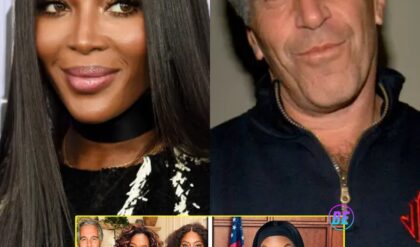Macklemore, born Benjamin Hammond Haggerty, emerged as a breakout artist with massive hits like “Thrift Shop” and “Can’t Hold Us.”
His ascent to fame in the hip-hop world was rapid, and alongside producer Ryan Lewis, he quickly became a household name. However, as a white rapper in a predominantly Black genre, his rise came with controversy and challenges. Hip-hop, born in the Bronx and deeply rooted in Black culture and the fight against oppression, has always been a space where white artists are viewed as “guests.” Macklemore himself acknowledges this, stating that being a white rapper in the hip-hop world means accepting that he will always be a guest in the culture, no matter how successful he becomes.

Macklemore’s career hit its peak in 2014 when he won four Grammy Awards, including the highly contested Best Rap Album award for his album *The Heist*, beating out Kendrick Lamar’s *good kid, m.A.A.d city*. This sparked outrage across the hip-hop community. Even Macklemore himself felt that Kendrick deserved the award and publicly admitted this, sending Kendrick a text message stating, “You got robbed.” However, the damage was done, and many fans and artists criticized Macklemore for benefitting from an industry that they felt often prioritizes marketability over cultural significance.
The backlash wasn’t just about Macklemore’s success but also about the Grammys and their voting process. The Grammy Awards have long been criticized for being out of touch with certain genres, particularly rap. Macklemore later explained that many Grammy voters may not fully understand hip-hop, which contributes to awards sometimes going to artists with broader commercial success rather than to those with deeper cultural resonance, like Kendrick Lamar.

Despite the controversy, Macklemore has shown humility and self-awareness. He didn’t shy away from the criticism, instead openly discussing the challenges of being a white artist in a Black-dominated genre. He admitted that while he and Ryan Lewis had major success in mainstream radio and commercial venues, Kendrick had created a better rap album. This level of candor earned him respect from some, although the shadow of the Grammy win still looms over his career.
In the years that followed, Macklemore stepped back from the spotlight, taking time to focus on personal growth and addressing social issues. He has used his platform to speak out about matters like LGBTQ+ rights, mental health, and even the ongoing conflict in Gaza, showing that his music is not just about hits but also about addressing real-world issues.
While Macklemore may not have maintained the same level of commercial success he once enjoyed, he has made a notable comeback, earning back respect from fans and critics alike for his willingness to confront difficult topics. In the end, his story isn’t just one of sudden fame and controversy but also of reflection, growth, and a deep understanding of his place in a culture that, while open to him, will never fully be his.





